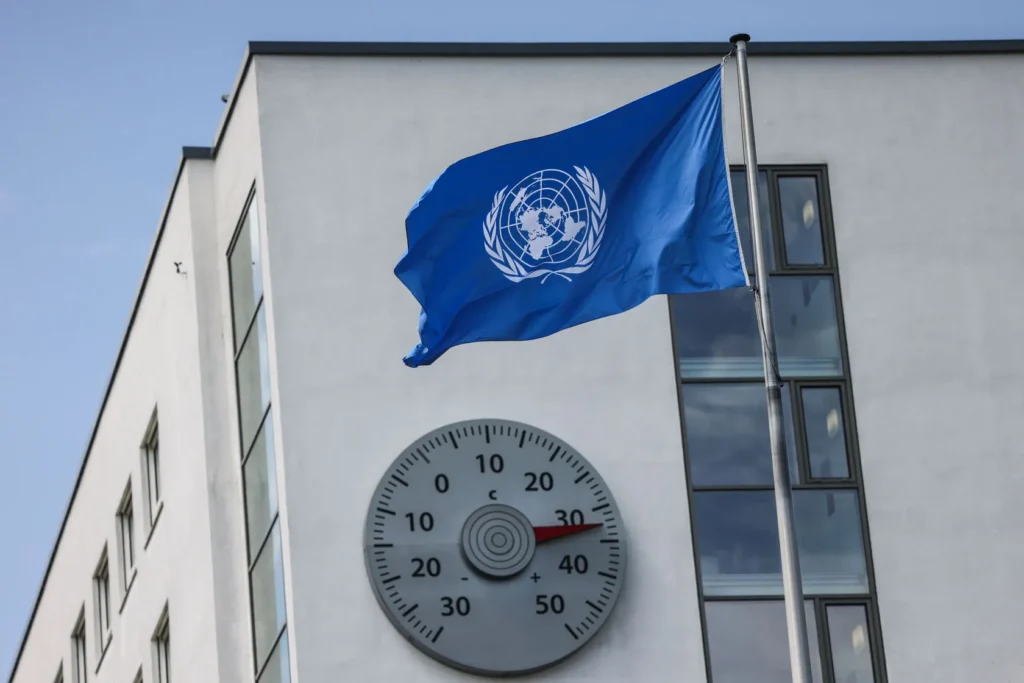Nigeria has submitted its updated climate pledge, known as Nationally Determined Contribution (NDC 3.0), to the United Nations Framework Convention on Climate Change (UNFCCC), setting out clearer mid-century pathways to cut emissions and reach net zero by 2060.
The plan commits Africa’s largest economy to reduce greenhouse gas emissions by 29% by 2030 and 32% by 2035, compared to 2018 levels. This marks a shift from Nigeria’s previous pledge (NDC 2.0), which aimed for a 20% unconditional reduction and a conditional 47% reduction by 2030, relative to business-as-usual.
By introducing near-term targets alongside a long-term decarbonisation pathway, Nigeria is positioning itself among countries taking more specific steps to align national development with global climate goals.
Nigeria lodged its new submission on September 22, the UNFCCC’s deadline for updated commitments ahead of COP30, scheduled for November in Brazil. Eswatini, Jordan, Tunisia, and Honduras also filed revised pledges on the same day.
UN Climate Chief Simon Stiell described Nigeria’s move as a “significant step forward” in the country’s energy and climate transition. He emphasised that the updated plan could create jobs, attract investment, and harness the potential of Nigeria’s youthful population.
“Every country is now in a race to realise the benefits of clean energy,” Stiell said. “By setting clear goals, including near-term targets to reduce emissions towards achieving net zero by 2060, Nigeria is sending a clear signal: development and climate action go hand in hand.”
The National Council on Climate Change (NCCC) validated Nigeria’s NDC 3.0 in August during a stakeholder workshop. The council had earlier confirmed the pledge would be submitted ahead of COP30.










